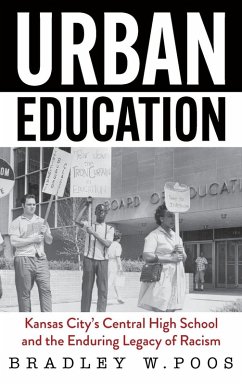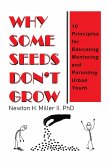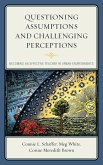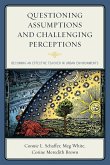This book is an institutional history of Kansas City's Central High School. Centering the issue of race, this book chronicles the story of Central between 1867 and 2024. Urban Education: Kansas City's Central High School and the Enduring Legacy of Racism is an institutional history of the oldest public school west of the Mississippi River. Central High School was the premier segregated White high school in Kansas City and among the top high schools in the United States between 1867 and 1955. Following Brown v. Topeka Board of Education in 1954, Central High School became one of the first schools in Kansas City to integrate. Between 1955 and 1962, Central's student body went from all White to all Black. Central began hemorrhaging students in the late 1960s as White families and middle-class Black families moved out of the city and into surrounding suburban communities. The neighborhoods around Central High School became less affluent and more racially segregated, and the school became a target of media sensationalism as it confronted unique challenges. This book offers a unique perspective on urban education in the United States by following a single institution over time. Urban education is often considered outside of its historical contexts, resulting in biased views. Through a comprehensive institutional history, this book clarifies the complex nature of schooling in the United States, and in particular how the interplay of race and education has impacted one school over time.
Bitte wählen Sie Ihr Anliegen aus.
Rechnungen
Retourenschein anfordern
Bestellstatus
Storno








